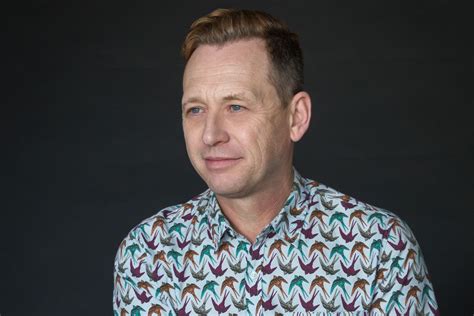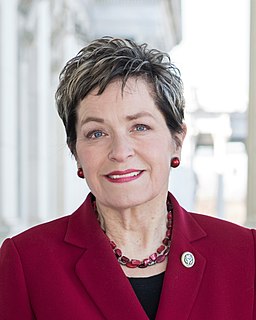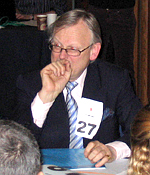A Quote by Silas House
Because they [Americans] want to be thought of as a rich nation, they are very ashamed of this place [Appalachia] that has come to represent poverty, even though poverty exists all over the country, and exists as much in urban areas as it does in rural, if not more.
Related Quotes
Seek the simplest in all things, in food, clothing, without being ashamed of poverty. For a great part of the world lives in poverty. Do not say, "I am the son of a rich man. It is shameful for me to be in poverty." Christ, your Heavenly Father, Who gave birth to you in the baptistery, is not in worldly riches. Rather he walked in poverty and had nowhere to lay His head.
I think we have not done a good job of explaining to people in rural America what is actually happening, number one. And, number two, we're not expressing appreciation and acknowledging the contribution that rural America makes. Where does your food come from? Where does the water come from? Where does the energy feedstock come from? It all comes from rural areas. Where does your military come from? Nearly 35 to 40 percent of the military is from 15 percent of America's population living in rural America. It makes a tremendous contribution to this country. It just isn't recognized.
The time has come for an all-out war against poverty. The rich nations must use their vast resources of wealth to develop the underdeveloped, school the unschooled, and feed the unfed. Ultimately a great nation is a compassionate nation. No individual or nation can be great if it does not have a concern for "the least of these".
Many people theorize poverty, but so many elements of poverty, individually, for most people who theorize about poverty would be really difficult to even comprehend the individual things. Just take homelessness. If you are homeless, what does it mean not to have a post box where people can contact you; what does it mean not knowing where you're going to sleep at the end of the day; what does it mean not having a place where you can store what little you might possess. So dealing with homelessness in itself is a huge thing for most people who are commentators [on] or benefactors to poverty.
I'm very humbled by the fact that grassroots efforts are rising up all over the country, but particularly in my home state of Ohio. I barely have words. To know that so many people across the state, from the rural areas to the urban areas, see something in my leadership and really believe I am someone for the people means a lot to me. That's how I want people to see me and my public service.





































